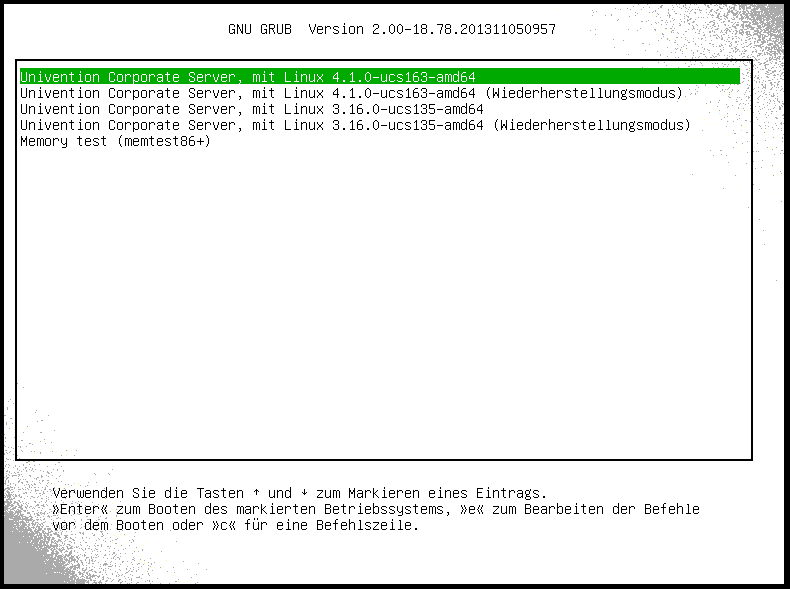I’m not too familiar with disk operations in linux, so apologies if I’m overlooking anything obvious!
mount:
sysfs on /sys type sysfs (rw,nosuid,nodev,noexec,relatime)
proc on /proc type proc (rw,nosuid,nodev,noexec,relatime)
udev on /dev type devtmpfs (rw,relatime,size=10240k,nr_inodes=253455,mode=755)
devpts on /dev/pts type devpts (rw,nosuid,noexec,relatime,gid=5,mode=620,ptmxmode=000)
tmpfs on /run type tmpfs (rw,nosuid,noexec,relatime,size=205772k,mode=755)
/dev/mapper/vg_ucs-root on / type ext4 (rw,relatime,data=ordered)
tmpfs on /run/lock type tmpfs (rw,nosuid,nodev,noexec,relatime,size=5120k)
tmpfs on /run/shm type tmpfs (rw,nosuid,nodev,noexec,relatime,size=411520k)
rpc_pipefs on /var/lib/nfs/rpc_pipefs type rpc_pipefs (rw,relatime)
cgroup on /sys/fs/cgroup type tmpfs (rw,relatime,mode=755)
cgroup on /sys/fs/cgroup/cpuset type cgroup (rw,relatime,cpuset)
cgroup on /sys/fs/cgroup/cpu type cgroup (rw,relatime,cpu)
cgroup on /sys/fs/cgroup/cpuacct type cgroup (rw,relatime,cpuacct)
cgroup on /sys/fs/cgroup/devices type cgroup (rw,relatime,devices)
cgroup on /sys/fs/cgroup/freezer type cgroup (rw,relatime,freezer)
cgroup on /sys/fs/cgroup/net_cls type cgroup (rw,relatime,net_cls)
cgroup on /sys/fs/cgroup/blkio type cgroup (rw,relatime,blkio)
cgroup on /sys/fs/cgroup/perf_event type cgroup (rw,relatime,perf_event)
cgroup on /sys/fs/cgroup/net_prio type cgroup (rw,relatime,net_prio)
ls -l /boot/grub
-r--r--r-- 1 root root 7384 Jan 27 12:50 grub.cfg
-rw-r--r-- 1 root root 192 Jan 27 12:50 menu.lst
-rw-r--r-- 1 root root 192 Jan 27 12:50 menu.lst.bak
-rw-r--r-- 1 root root 370185 Nov 18 15:26 uniboot.png
-rw-r--r-- 1 root root 2226340 Jul 7 2015 unicode.pf2

